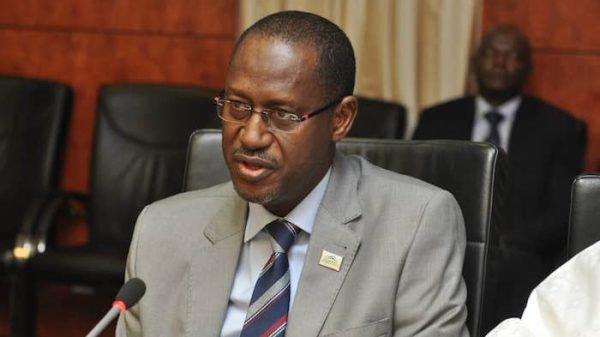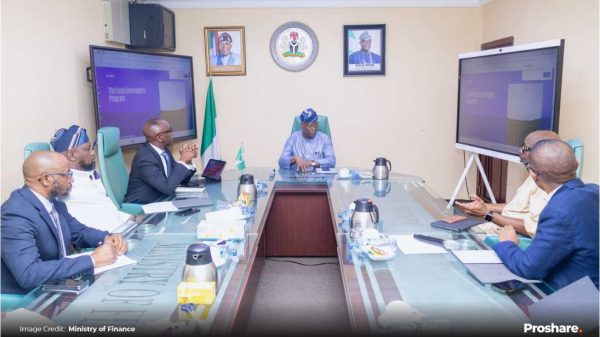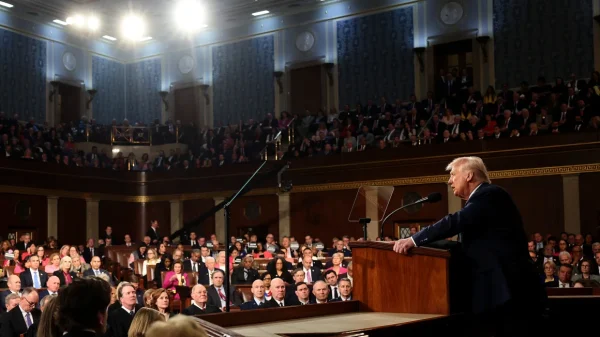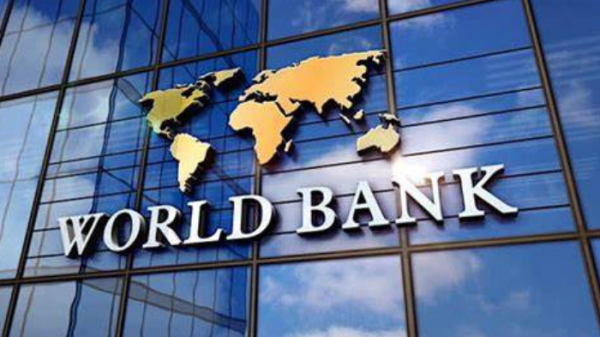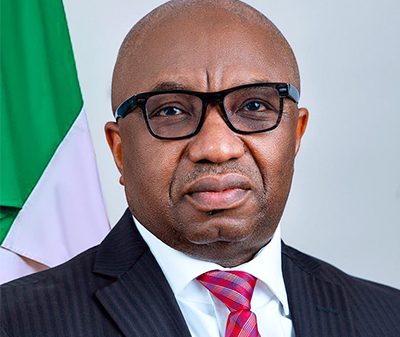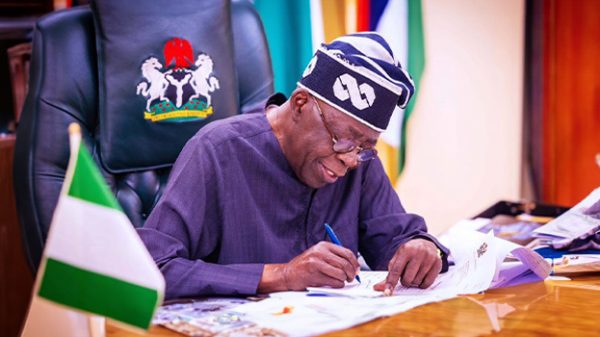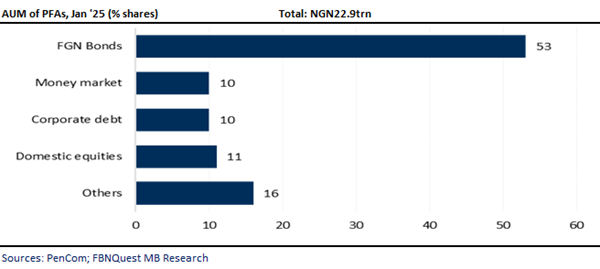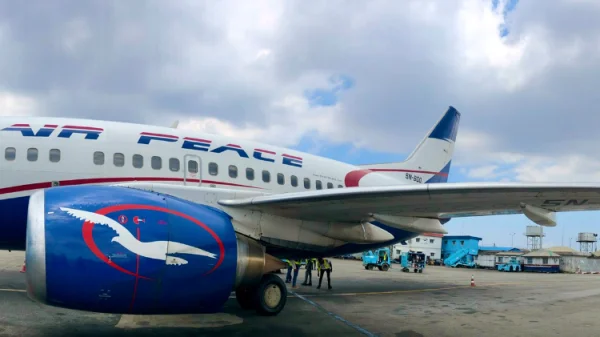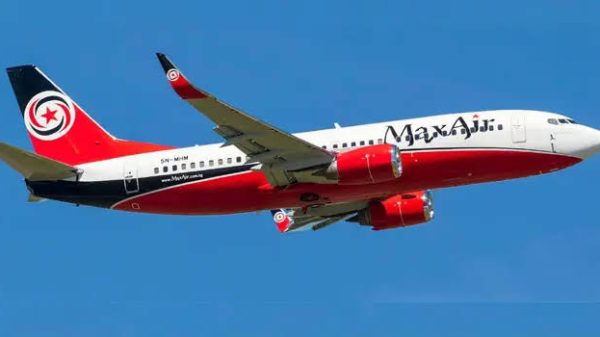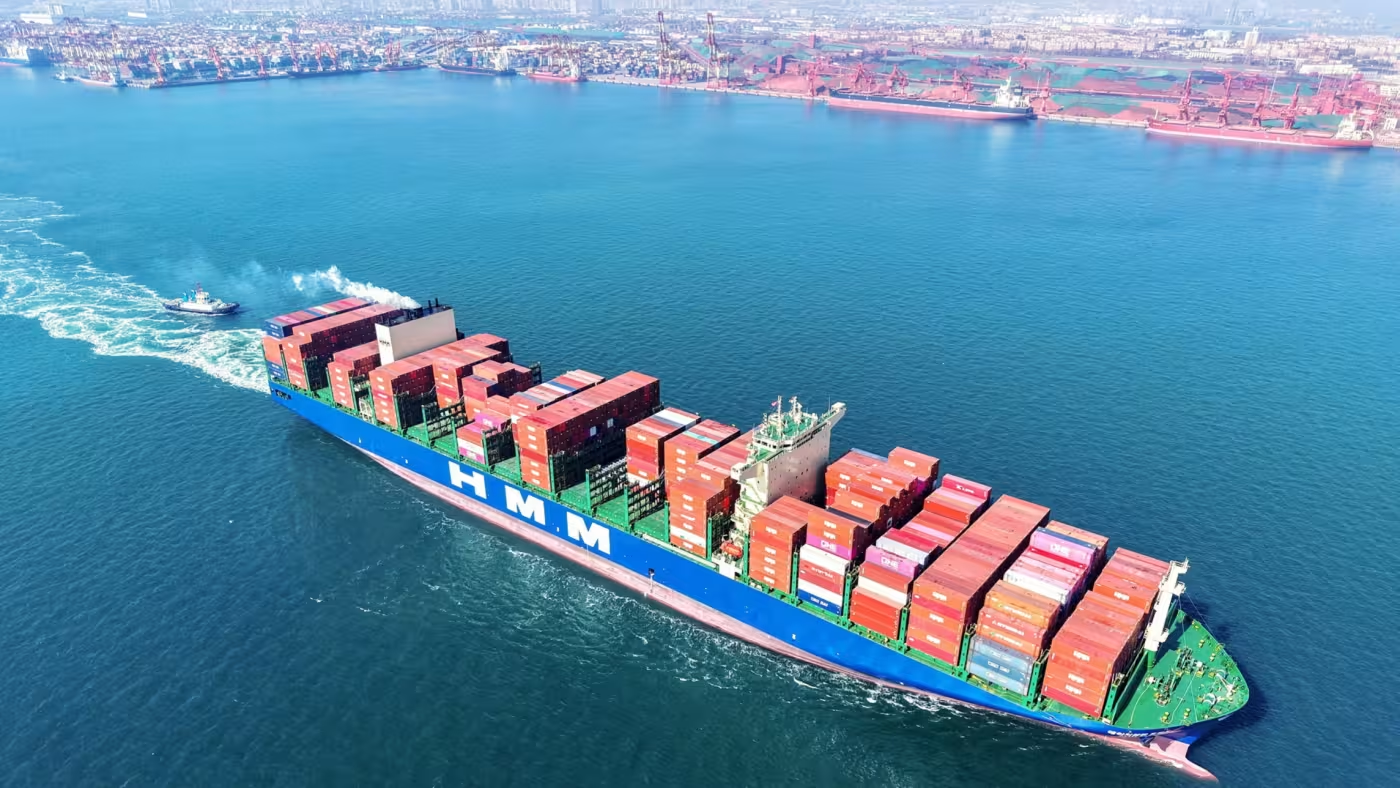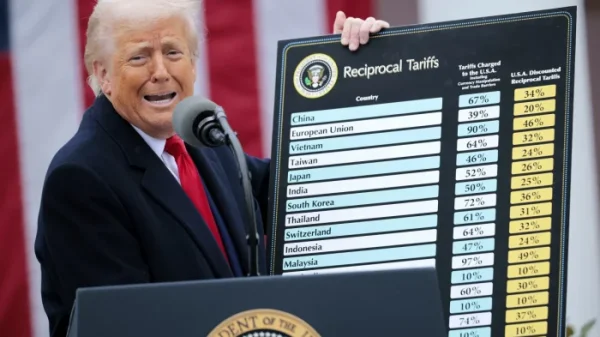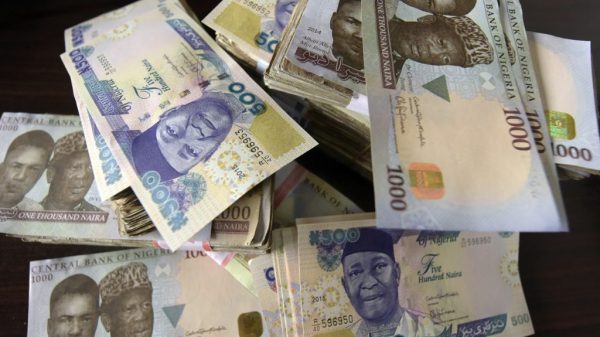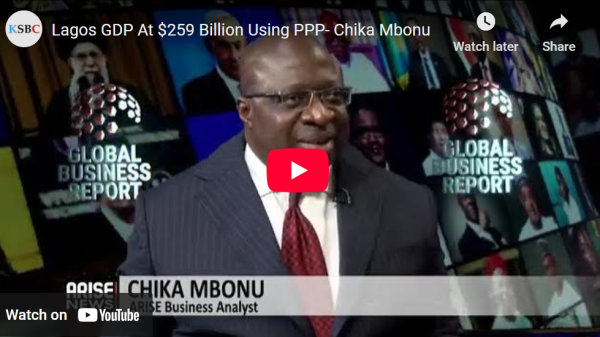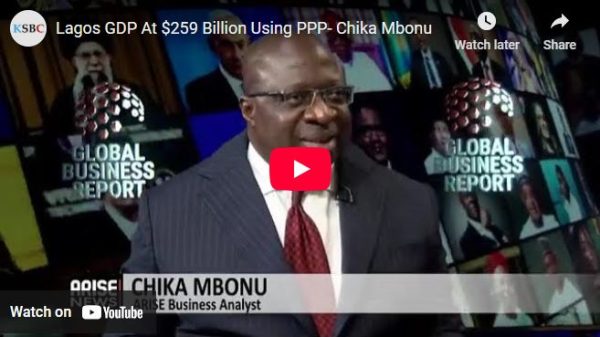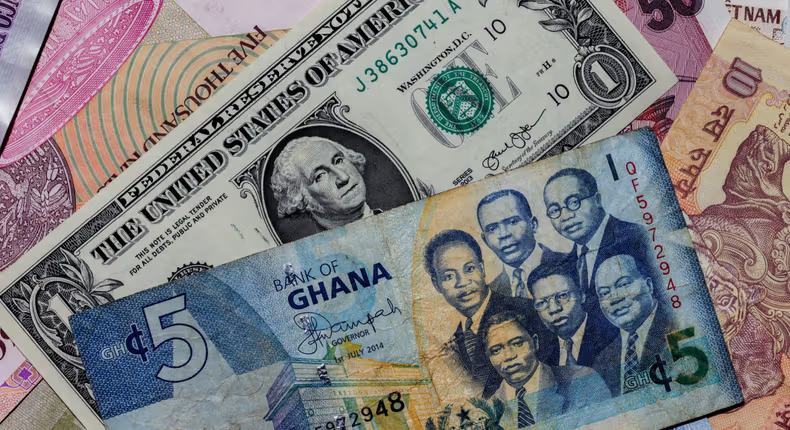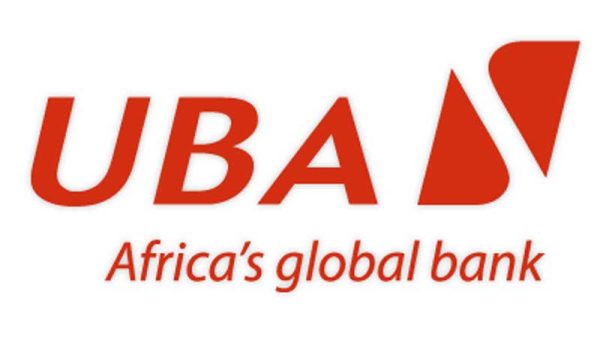The fact that Africa does business with its foreign partners using foreign currencies typically generates losses for the continent.
For decades, African states have traded both within the continent and with international partners with foreign currencies, namely the US dollar, the euro, and, to a lesser extent, the British pound and Chinese yuan.
This reliance arises from historical economic links, post-colonial banking institutions, and global trade patterns that favor Western currencies as primary mediums of exchange.
However, this system has a considerable negative impact on intra-African trade by increasing transaction costs, delaying trade settlements, and exposing African economies to currency rate instability.
It also requires African firms and governments to keep substantial foreign currency reserves, which are frequently obtained through borrowing or trade surpluses with external partners, putting further strain on economic stability.
This was highlighted in an interview with Dr. Melaku Geboye Desta, Coordinator of the African Trade Policy Centre (ATPC), on the sidelines of the 57th session of the ECA Conference of African Ministers of Finance, Planning and Economic Development in Ethiopia’s capital, Addis Ababa.
Citing data from Afreximbank, Dr. Melaku Geboye Desta told Sputnik that Africa trading in currencies such as the USD cost the continent approximately $5 billion annually.
“The moment we remove the non-African currencies, the hard currency serving as an intermediary, the moment we start saving the transaction cost involved in the conversion and reconversion process, we believe trade will be facilitated, it will be cheaper, it will be more competitive,” he stated.
He also noted that the Pan-African Payment and Settlement System (PAPSS), which incorporates clearing institutions that function without the need for an intermediate currency, was developed by the continent as a result of this way of thinking.
“And through that, we believe that there are huge opportunities to save on the transaction cost and to facilitate, to speed up, to expedite and to make it more competitive to conduct trade between our own countries,” Dr. Melaku Geboye Desta added.
Very recently, some African countries have begun considering the use of their local currencies to conduct business with non-Western partners such as China and Russia.
One of the most recent of such initiatives is Russia and Ethiopia’s plan to begin trading in their respective currencies.




